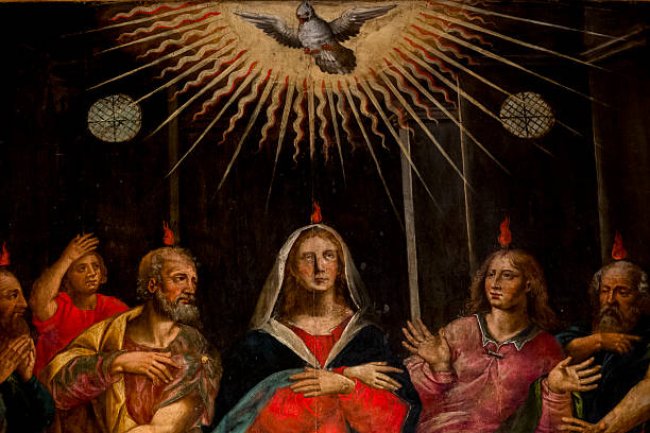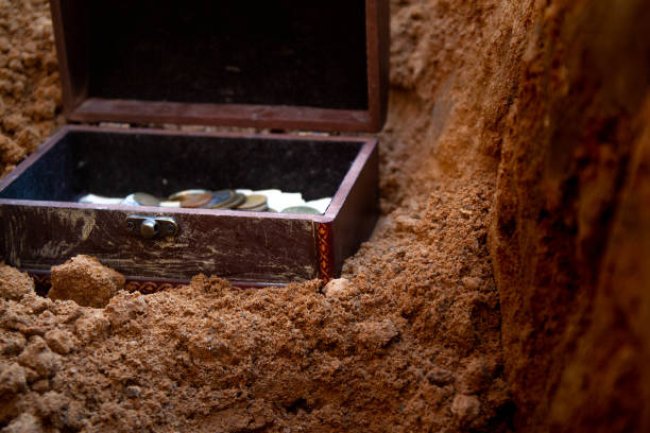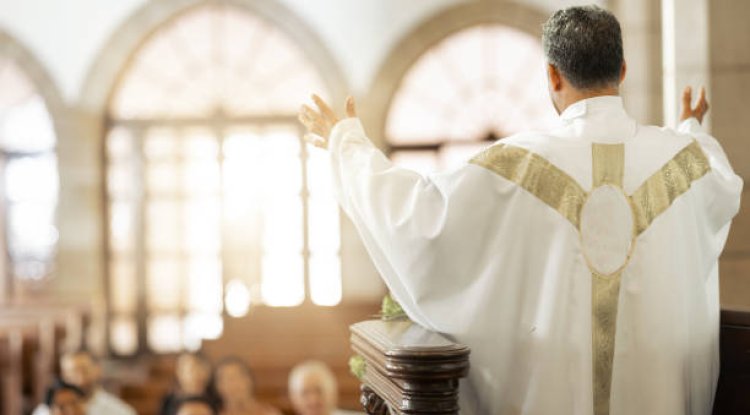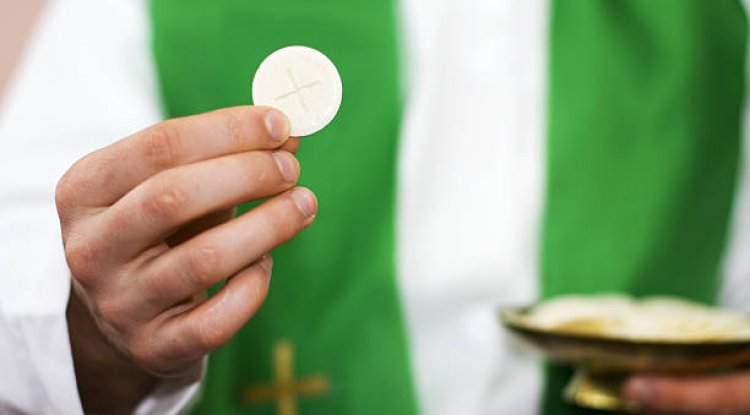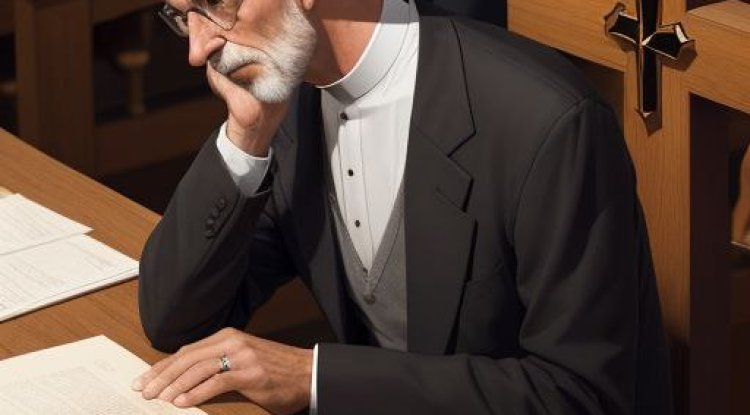LIFE AFTER DEATH
HOMILY FOR THE COMMEMORATION OF ALL THE FAITHFUL DEPARTED (ALL SOULS). Readings: Wisdom 3:1-9; Psalm 23; Romans 5:5-11 and Mark 15:33-39.16:1-6.
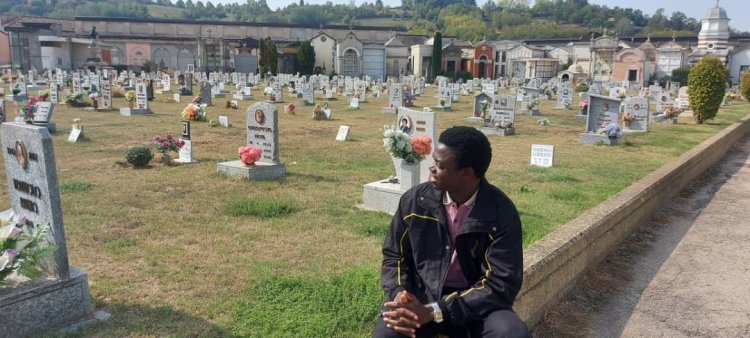
On a day like this, I recall a hymn my late aunty taught me, “Life seems so funny that we can’t understand, we live today and tomorrow we die: what is the meaning of life? This might be the last time that we might see again, tomorrow may be your turn to go: what is the meaning of life?” Could it be that life ends with death? Many have lived and died, and today the Church invites us to pray for the faithful departed especially for those in Purgatory, because we believe in life after death when Christ conquered death on the cross.
Historically, this practice of praying for the dead is dated back to the early Church. Christians have always believed that prayers could help those who have died. This belief grew over the years and in the 10th century, a monk named St. Odilo of Cluny helped to officially start All Souls Day. As the leader of the monastery in France in the year 998, he declared that November 2 would be All Soul’s Day and subsequently, this practice continued and spread to other parts of the Church till date, as Catholics around the world celebrate it. It has grown into a day of great love and care for those who have died. A day we remember that we can help the souls in Purgatory on their way to heaven.
The Catechism of the Catholic Church teaches that “Purgatory is the state of purification after death for those who die in God’s grace and friendship, but who still need to be cleansed from venial sins or the temporal punishment due to sin before entering Heaven” (CCC 1030). Some souls are not ready to enter Heaven right after death. The souls cannot pray for themselves. They depend on the prayers of the living and our prayers can help them. This is why All Souls’ Day is important.
From Scriptural perspective, the word “Purgatory” is not found in the Bible. However, this doctrine has its root in the Scripture and traditions of the Church. To begin with, the first readings from Wisdom says, “The souls of the righteous are in the hand of God, and no torment will ever touch them… having been disciplined a little, they will receive great good, because God tested them and found them worthy of Himself; like gold in the furnace, He tried them, and like sacrificial burnt offerings He accepted them” (Wis. 3:1,5-7). These verses give us a clue of the purification process of the soul before seeing God. 2 Maccabees 12:43-46 tells us that Judas Maccabeus prayed for the dead, that they may be loosed from sin. Which implies that it is a holy and wholesome thought to pray for the dead as they can be helped by the prayers of the living. In Matthew 12:32, Christ says that there some sins will not be forgiven in this age, or in the age to come, which implies forgiveness after death is possible. In addendum, Revelation 21:27 says, “Nothing unclean will see God.” Only those fully purified can see God.
From the catechetical and scriptural background, the Church invites us not to just morn, but to remember, visit, and pray for the faithful departed. By doing this, we receive indulgence. Indulgence is the remission of temporal punishments in purgatory still due to sins after absolution (CCC 1471). It is pertinent we recall that confession forgives our sins and reconcile us to God, while an indulgence removes the consequences of sin that still need purification either for oneself or the soul in Purgatory. Hence, indulgence is attainable for the souls in Purgatory during the first eight (8) days of the month of November when we (the living), go to Sacramental Confession within this period, receive the Holy Eucharist, pray for the intentions of the Pope, abstain from sin, visit the cemetery and the Church to pray for the faithful departed.
Interestingly, the three levels of the Church gather in prayer, as we profess in the Creed, “The Communion of Saints; The Forgiveness of sins; The Resurrection of the body and life everlasting.” In this, the triumphant Church unites with the militant Church in prayers for the suffering Church. The Triumphant Church are the saints we celebrated yesterday. We are the militant Church, fighting against evil to enter heaven. Together with the saints, we pray for the suffering Church, which needs purification to see God face to face.
Eternal rest grant unto them O Lord, and let perpetual light shine upon them. May the soul of my mum Beatrice Dogbo and the souls of all the faithful departed through the mercy of God rest in peace. Amen!
Happy New Month
Fr. Ken Dogbo, OSJ
What's Your Reaction?








